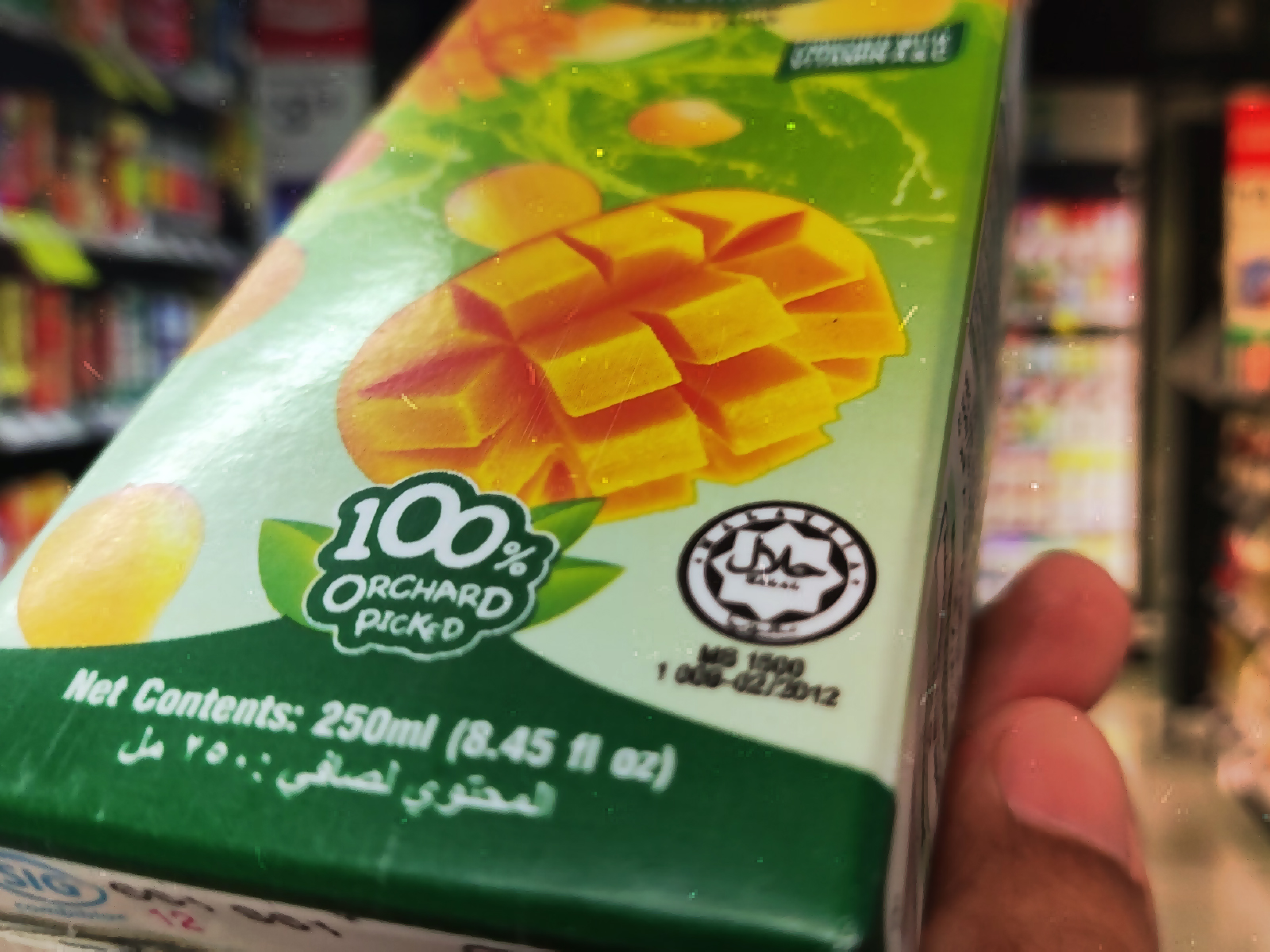The worldwide market has seen a surge in demand for Halal goods in recent years, indicating rising knowledge and consumption preferences. Businesses around the world have acknowledged the need of Halal logo to meet the needs of this growing market group. Disseminating unambiguous and precise information on Halal certification guarantees adherence to religious mandates and cultivates confidence, inclusiveness, and customer loyalty.
The Halal logo on products is crucial in establishing confidence and credibility especially among Muslim customers. According to the State of Global Islamic Economy Report 2022, the worldwide Halal market has a valuation of approximately USD 2 trillion in 2022 and projected to exceed USD 3 trillion by 2025, exhibiting a CAGR of 7.15% from 2021 to 2025.
Halal certification indicates that a product has successfully fulfilled rigorous criteria and complies with the dietary regulations of Islam. With Halal logo on product labelling, enterprises may proficiently convey this accreditation, instilling Muslim customers with the assurance to make well-informed purchase choices. Halal logo often comprises of Halal emblems or symbols, which serve as a convenient visual cue to indicate a product’s adherence to Halal standards. Furthermore, this Halal labelling provides a comprehensive description of the constituents, manufacturing techniques, and possible hazards of cross-contamination empowers customers to make well-informed decisions according to their dietary requirements and convictions.
Additionally, Halal logo on product labels is essential in meeting the varied tastes of Muslim customers. The Muslim community is very heterogeneous, with a wide range of nationalities, cultures, and nutritional needs. Therefore, the Halal logo could be placed and adapted to other varied demands; as an example, some Muslim customers may prefer Halal items that are organic, gluten-free, or devoid of certain ingredients. Businesses may promote inclusiveness and customer happiness by offering comprehensive labelling information, enabling customers to choose items that meet their specific tastes and dietary constraints.
In addition to catering to the requirements of Muslim customers, the use of Halal logo on product labelling represents a substantial prospect for businesses. The worldwide Halal market includes several sectors such as food and beverages, cosmetics, medicines, and others. Firms may capitalise on this very profitable sector and stimulate development by adopting to Halal practises. Moreover, the inclusion of Halal logo on products may also appeal to non-Muslim customers who value the focus on excellence, cleanliness, and ethical standards linked to Halal supply-chain and manufacturing. This facilitates access to untapped market groups and elevates the standing of the brand.
The significance of Halal logo on products is of utmost relevance in a more linked global context. Clear and precise Halal labelling are crucial for firms targeting Muslim customers and seeking to enter the huge Halal market. Halal labelling promotes conformity with religious regulations and facilitates diversity, consumer loyalty, and corporate success by establishing trust, accommodating varied preferences, and extending market potential. Adopting these practises not only provide advantages to companies but also helps to promote a more inclusive and peaceful society.
For more information about Halal products and services, please visit www.verifyhalal.com













Like (4)